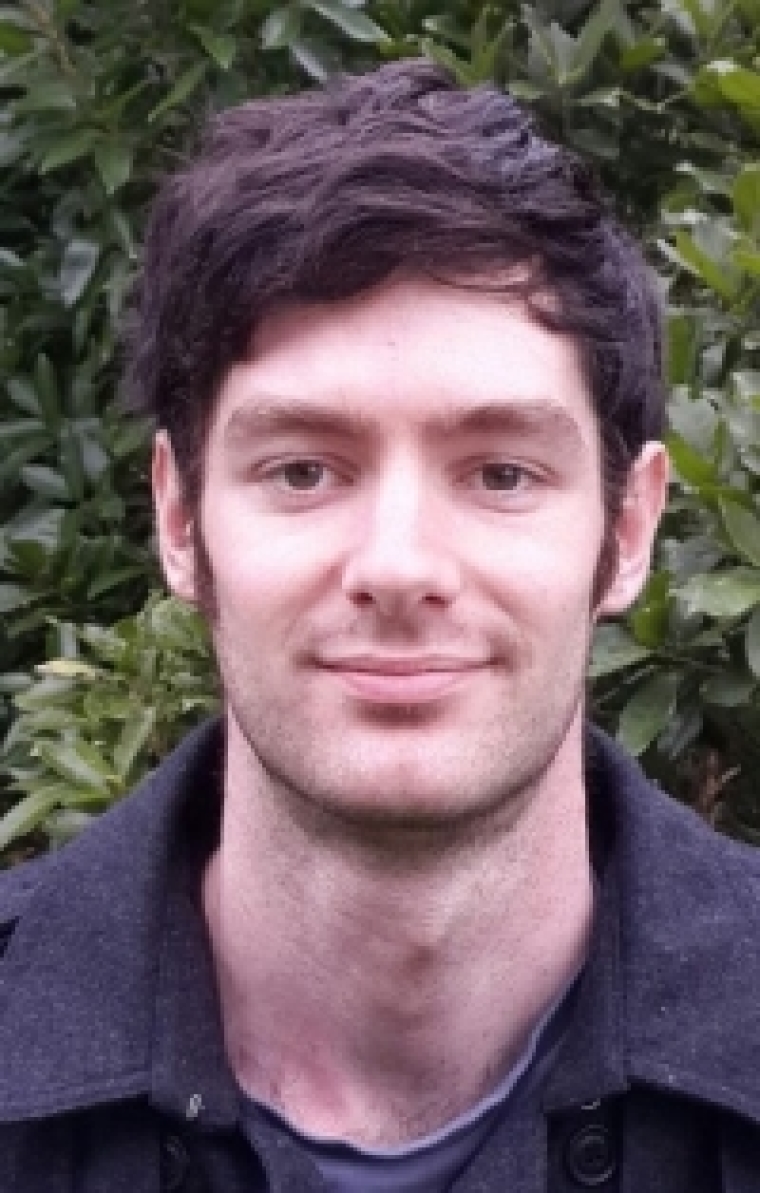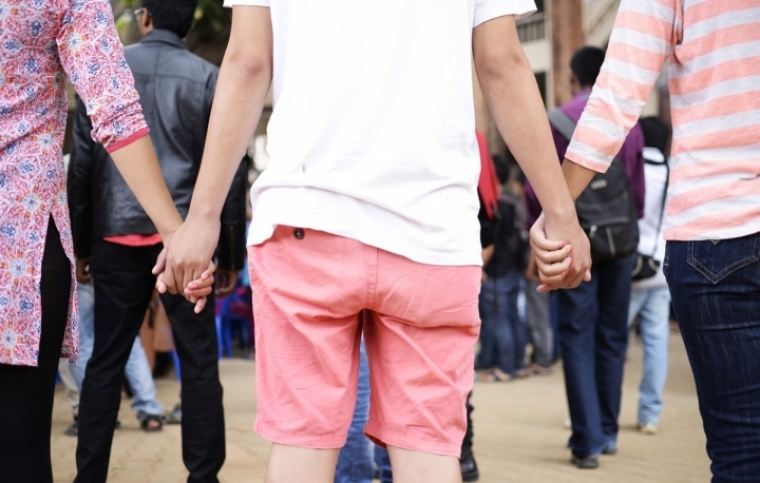

1 Thessalonians chapter 5 verse 14, "Encourage the faint hearted, help the weak."
'Faint hearted' is used in an older sense here, meaning those who are not strong in their spirit. Today it has a slightly derogatory meaning if used in a certain way, such as a politician who cannot make tough decisions.
This ancient text however refers to people who have some physical or emotional issue to overcome, and it exhorts "others to help them".
Today, we might refer to such "assistances" as "parables of life" that come across our news services, telling real and simple stories about how people have helped each other. We might refer to the Christchurch, New Zealand earthquakes and then the Japanese earthquake and tsunami. These illustrate remarkable human strength, when people help strangers in distress.
Modern technology can communicate events as they happen, by asking for help as a natural outcome. Such instant contact means people all over the world can help those in the disaster zones in some way. It has even occurred "with world political events" including the populist uprisings in some countries.
But in these two disasters, people quickly set up formalised systems to help other people locate loved ones, or else to announce what help they needed – or just tell their families they were alive and doing okay.
From the website Google.com, comes this description of the 'person find' that anyone in the world could use, from their computer or mobile phone, and that can be translated into any language:
"Google's person find is an online tool dedicated to helping Japanese earthquake survivors find their loved ones. This tool was developed after the 2010 earthquake in Chile and was used in the New Zealand earthquake as well. It is a service "... which collects information about people's locations and their safety status, is intended to help users find out if their friends and families are safe.""

Parable examples
One of the 'parables' comes from Christchurch when the second earthquake devastated the city, is a fairy tale for today. When the earthquake hit, the 'beautiful princess' curled up in a corner in the multi-story office block where she worked, luckily avoiding a concrete beam that fell onto her desk. She was able to text her fiancé on her mobile phone to tell him where she was, and that she was okay but trapped.
Her 'handsome prince' rushed to try to rescue her, but it was 6 hours of difficult work in the rubble, with after-shocks happening every 10 minutes or so, before he or the rescue workers could get to her. In the meantime, he busied himself rescuing other people from that building – complete strangers. We know this because a newspaper reporter caught him on camera, carrying an unknown woman from the damaged site to complete safety.
And then, three days later, in borrowed suits and with a cake hurriedly made by friends, the Princess and the Prince were married at the church where their families had worshipped for generations. Passers-by, some of whom were still waiting to get their lives into some sort of order, were cheered and uplifted by seeing the wedding party celebrating in the street.

Japan
The next parable comes from Japan, after the huge 8.9 earthquake and resulting tsunami in 2011.
Survivors at the many refuge centres around Japan (which the Government has set up in schools and public buildings, and which the population knows about) have been able to text and email friends and relatives. Likewise, reporters around the world have been able to report 'first hand' that although the conditions are not ideal, everyone at those centres is calm and accepting of their condition, and they are doing their best to help each other as best they can.
There are reports of people getting together to make the common Japanese snack of 'rice balls' from the limited supplies, and of everyone lining up calmly to use the water from a swimming pool at one school to wash and to flush the toilets to maintain the hygienic conditions as well as they can.
In the streets too, the shopkeepers are distributing what bottled water and goods they have left, to residents who are still able to stay at home; and people are patiently waiting for food and fuel where limited stocks are available.
These stories are borne out by the reports from Australian rescue task force who have recently returned home, such as that from Superintendent Warwick Kidd, who said:
"It was long days and harsh conditions (night-time temperatures dropped to minus 17 degrees C) but there was not a grumble from any of the guys. And the way the [Japanese] people went through the debris ... I'm sure there is plenty of emotion there but they don't really show it. The thanks they gave us for just a few belongings is just amazing.''
The taskforce left tents, generators, beds, food and shelters so they could be used by residents. Leftover medical equipment was donated to the local hospital.
The Scriptures
The bible is very clear about such issues. It does not take too much effort to help someone in need. There is a calling upon every follower of Jesus to show compassion and at least provide encouragement. The Apostle Paul in his first letter to the congregation in Corinth explained that if one member suffers, all the members suffer.
When anyone of us is threatened we're all at risk. Our lives are woven together for a reason; each of us is a vital thread in another person's tapestry.
Be encouraged by these stories of human courage, and also small efforts in practical help and in simply listening to those in need.

Dr Mark Tronson is a Baptist minister (retired) who served as the Australian cricket team chaplain for 17 years (2000 ret) and established Life After Cricket in 2001. He was recognised by the Olympic Ministry Medal in 2009 presented by Carl Lewis Olympian of the Century. He mentors young writers and has written 24 books, and enjoys writing. He is married to Delma, with four adult children and grand-children.
Mark Tronson's archive of articles can be viewed at http://www.pressserviceinternational.org/mark-tronson.html